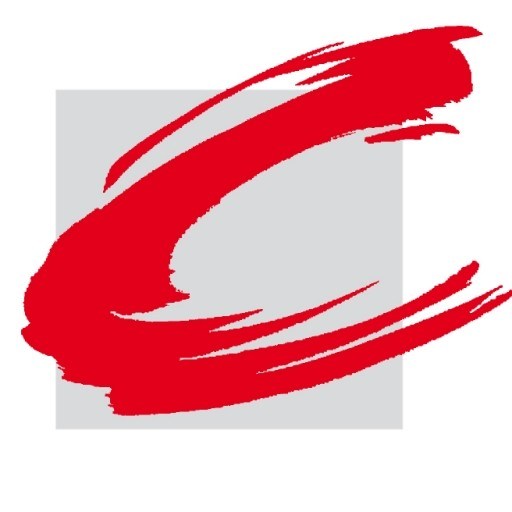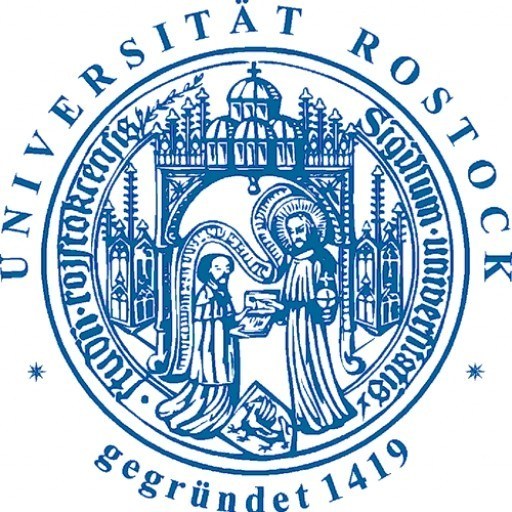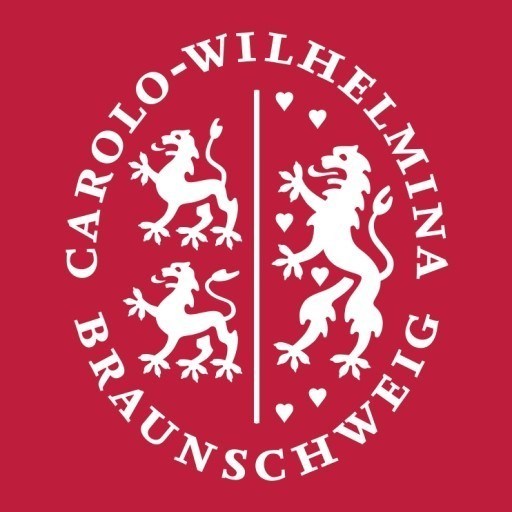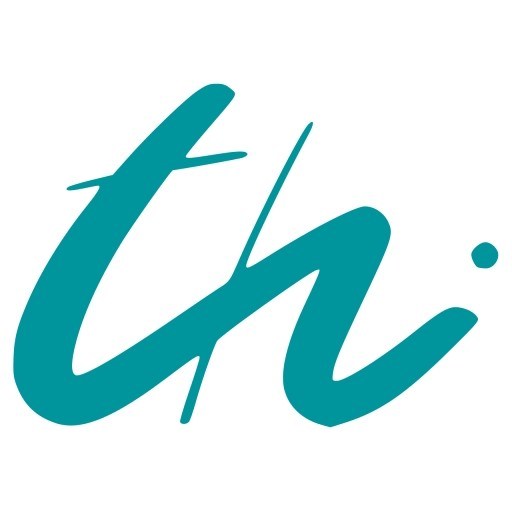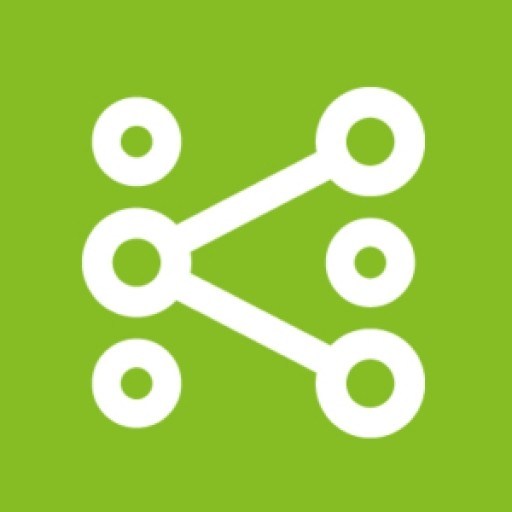Photos of university / #rwthaachenuniversity
The Master’s program in Production Systems Engineering at RWTH Aachen University is designed to equip students with in-depth knowledge and practical skills necessary for innovative and efficient production processes. As a leading technical university, RWTH Aachen offers a comprehensive curriculum that integrates mechanical engineering, industrial engineering, automation, and information technology to prepare graduates for diverse challenges in modern manufacturing and production industries. The program emphasizes interdisciplinary approaches, combining theoretical foundations with hands-on applications, to foster problem-solving abilities and technical leadership.
Students of this program will explore advanced topics such as manufacturing systems, automation technology, logistics, quality management, and digital transformation of production processes. The curriculum includes coursework on the design, planning, and optimization of production systems, as well as the implementation of Industry 4.0 concepts, cyber-physical systems, and smart manufacturing. Through project work, internships, and collaborations with industry partners, students gain valuable practical experience, enabling them to develop innovative solutions tailored to real-world problems.
The program is structured to cater to both recent graduates seeking specialized expertise and experienced professionals aiming to upgrade their skills in production engineering. With a focus on research-driven teaching, students have access to state-of-the-art laboratories and research facilities. Graduates of the Master’s in Production Systems Engineering are well-prepared for careers in manufacturing, consulting, research and development, or to continue their academic journey in doctoral studies. RWTH Aachen’s strong industry links and international orientation ensure graduates are globally competitive and ready to contribute to technological advancement and sustainable production solutions across various sectors.
Educational organisation
Educational organisation at RWTH Aachen UniversityTeaching in the Master's degree programme takes places in various forms: lectures, exercises, and practicals. Lectures are usually taught via presentation of the relevant teaching material. Some professors might also ask questions and encourage interaction with the students. In the corresponding exercises the teaching material will be actively applied by the students, e.g. via calculation tasks. Practicals are also a more application-oriented form of teaching and can take place in labs, for example.
To achieve a Master of Science in Production Systems Engineering, students have to complete the following modules:
Compulsory Courses
- Manufacturing Technology
- Production Management
- Welding and Joining Technologies
- Gear and Transmission Technology
- Mechatronics and Control Techniques for Production Plants
- Quality Management
Elective Courses
- Industrial Logistics
- Multi Body Dynamics
- Factory Planning
- Process Chains for Applications of Complex Optical Components
- Modelling, Model Reduction and Simulation in Laser Processing
- Production Metrology
- Control Engineering
- Advanced Software Engineering
- Machine Design Process
- Tribology
In addition to the coursework, students must also complete the following as part of their programme:
- A complementary German course (B1)
- A Master's thesis
Forms of assessment
Written and oral examinationsCourse objectives
Product engineers work in a multitude of areas within industry or research departments, including development, design, sales and distribution, quality management, and organisation. The Master's degree awarded by RWTH Aachen University is recognised worldwide and qualifies graduates for further PhD studies.As production engineers, our graduates will:
- provide quantitative analytical methods for process analysis, continuous improvement, and design of production systems
- design, direct, optimise, and monitor production processes (lean buffering design, efficient raw material processing, product quality, etc.)
- develop and improve mathematical modelling of serial production lines and assembly systems in the manufacturing process
- analyse modelling results to improve the manufacturing performance and to identify process bottlenecks or buffering issues
- select or develop the adequate innovative production machines and assembly systems for state-of-the-art manufacturing planning
Language requirements
If you want to attend an English-taught Master's degree programme, you must be fluent in English (oral and written) in order to understand lectures, textbooks and manuals in English and to participate in lab projects, industrial internships and examinations.One of the following certificates must be submitted:
- TOEFL Internet-based: minimum of 90 pts/paper-based: minimum of 577 pts
- IELTS test: minimum overall band 5.5 pts
- Cambridge Test - Certificate in Advanced English (CAE)
- First Certificate in English (FCE), completed with B
- placement test of RWTH Aachen University's language centre (B2)
Certification of German language proficiency is not necessary in order to apply for an English-taught RWTH Master's degree programme. Admitted students will attend an obligatory German language course starting in September (around one month prior to the beginning of the programme).
Academic requirements
- A Bachelor of Engineering or Science in mechanical engineering or a related discipline, such as automotive, aerospace or energy engineering, manufacturing, structural, industrial, or production engineering, awarded by an internationally recognised university-level institution
- Fundamental knowledge in the fields of engineering, mathematics, and natural science that should be covered within the following modules: mathematics, mechanics, materials sciences, thermodynamics, informatics/programming/computer science, physics, technical drawing and CAD
- Furthermore, knowledge in the following courses is requested: fluid dynamics, automatic control, design engineering, production management, machine tools, manufacturing technology, electrical drives, quality management, fluid techniques, materials techniques.
- In addition, students must have gained relevant work experience, usually of one year's duration, during or after their Bachelor's degree programme.
Enrolment fees
Approx. 230 EUR student services contribution fee per semesterThe fee includes a semester ticket covering public transport in North Rhine-Westphalia.
Costs of living
The average cost of living and studying, including food, accommodation, personal and social expenses, and study-related costs, is estimated to be 700-900 EUR per month.Job opportunities
Students enrolled at RWTH Aachen University have the opportunity to find a job on campus and work for up to 19 hours per week. This also allows students to become more familiar with the university institutes and take part in projects related to their field of study. The maximum working limit for off-campus work is 120 days per year for non-EU students.Funding opportunities within the university
A limited number of scholarships from various organisations is available to help students finance their studies. Please see the following website for a list of exchange programmes, scholarships, and grants, together with their specific application requirements and conditions, and/or contact the International Office directly for advice and assistance.http://www.rwth-aachen.de/scholarships
Arrival support
The team for international students of the RWTH International Academy offers new students support upon arrival and encourages current Master's students to help fellow students settle in. Orientation days will be organised to help new students to find their way around the campus and build new contacts with fellow students. Services include:- daily consultation hours
- orientation days
- senior mentoring programme
- academic and social mentoring programme
- German course
Students are also offered assistance with the following tasks, amongst others:
- finding accommodation
- admission procedures
- opening a bank account
- insurance matters
- getting to know the city and the university campus
Services and support for international students
To ensure an excellent working environment, the RWTH International Academy provides additional support in all social and practical matters of concern to international students.This includes the following services, amongst others:
- daily consultation hours
- intercultural training
- job application training
- industrial networking through fairs and company presentations
- excursions and factory visits
Accommodation
The RWTH Aachen International Academy staff offers support in finding accommodation in either a student residence or a private apartment.RWTH Aachen University has a limited number of dorm rooms and studio apartments. However, there are usually waiting lists for these rooms, and students will probably need to find private accommodation first. There are a number of options for finding private accommodation in and around Aachen, and the International Academy can provide students with information beforehand and after arrival.
For short-term accommodation, there are many hotels and two youth hostels.
Further guidance on student housing in Aachen can be found at:
https://www.academy.rwth-aachen.de/en/education-formats/msc-degree-programmes/pse/accommodation


